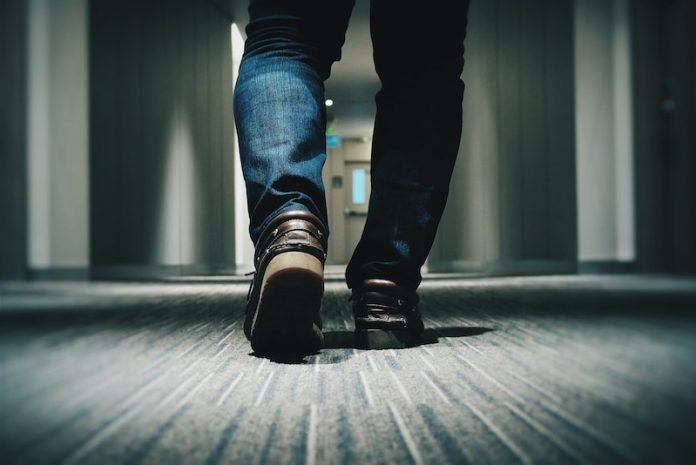
In a recent study published in the International Journal of Obesity, researchers found slow walkers are almost four times more likely to die from COVID-19 and have over twice the risk of contracting a severe version of the virus.
The study is from the University of Leicester and was conducted by Professor Tom Yates, et al.
In the study, the team examined 412,596 middle-aged UK Biobank participants.
They focused on the relative association of body mass index (BMI) and self-reported walking pace with the risk of contracting severe COVID-19 and COVID-19 mortality.
The analysis found slow walkers of normal weight to be almost 2.5 times more likely to develop severe COVID-19 and 3.75 times more likely to die from the virus than normal-weight fast walkers.
Researchers know already that obesity and frailty are key risk factors for COVID-19 outcomes.
This is the first study to show that slow walkers have a much higher risk of contracting severe COVID-19 outcomes, irrespective of their weight.
With the pandemic continuing to put unprecedented strain on health care services and communities, identifying individuals at greatest risk and taking preventative measures to protect them is crucial.
A further key finding was that normal-weight slow walkers are more at risk for both severe COVID-19 and COVID-19 mortality than fast walkers with obesity.
Furthermore, risk was uniformly high in normal weight slow walkers and slow walkers with obesity.
The team says faster walkers have been shown to generally have good cardiovascular and heart health, making them more resilient to external stressors, including viral infection but this hypothesis has not yet been established for infectious disease.
If you care about COVID, please read studies about COVID-19 pills that may change everything, and CBD from cannabis may inhibit COVID-19 infection.
For more information about COVID, please see recent studies about super-antioxidant that could revolutionize your health, and results showing previous COVID-19 infection, but not vaccination, improves antibodies.
Copyright © 2022 Knowridge Science Report. All rights reserved.



